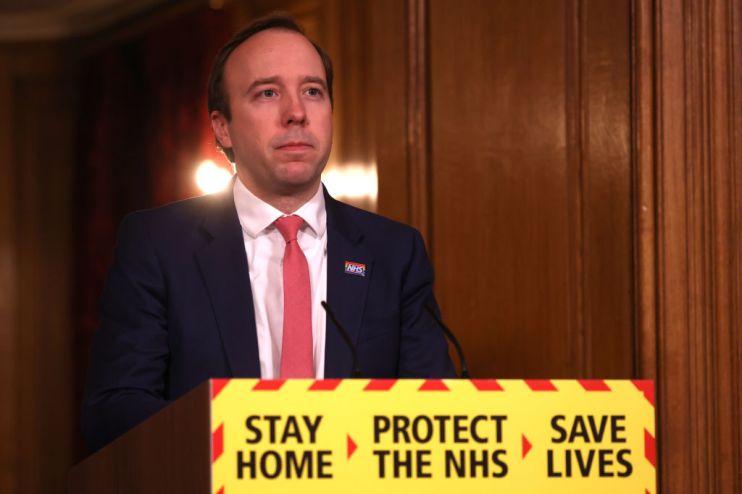Government study could see close Covid contacts reduce isolation with daily testing

A government-backed study will look at the effectiveness of testing daily those who are close contacts of people who test positive for Covid-19, in the hope the current 10 day isolation rule can be reduced.
The study, which will begin on 9 May, aims to gather evidence on safe alternatives to self-isolation for people who are contacts of positive Covid cases.
It is hoped that the study could reduce the length of time people who are contacts of positive Covid-19 cases need to self-isolate, enabling them to faster continue with life unaffected by coronavirus.
Up to 40,000 close contacts of people with Covid-19 will be contacted by phone and sent 7 days’ worth of lateral flow tests.
The contacts will be required to test themselves each morning for 7 days. People who test negative and develop no symptoms will be exempt from the legal duty to self-isolate that day.
They will need to take another test the next morning to see if they need to self-isolate that day or continue to be exempt.
Individuals taking part in the study will still have to adhere to current restrictions, and only those formally enrolled in the research study will be exempt from usual legal duties.
The study will be led by the UK Health Security Agency and builds on existing daily testing pilots, which have been happening since December in more than 200 schools and 180 workplaces, involving over 800 people.
Participants of pilots have been able to safely reduce the length of time spent in self-isolation upon receipt of a negative daily test result.
Health secretary Matt Hancock said: “This new pilot could help shift the dial in our favour by offering a viable alternative to self-isolation for people who are contacts of positive Covid-19 cases, and one that would allow people to carry on going to work and living their lives.”
Currently, anybody who has been notified through the test and trace system as a contact of someone who has tested positive for Covid-19 must self-isolate for 10 days.
For contacts those without symptoms, the new study aims to find out if people can replace the need to self-isolate by taking a test every day instead.
Professor Isabel Oliver, national infection service director at Public Health England and study lead, added: “Contacts of cases are at higher risk of infection so testing them is a very effective way of preventing further spread. This study will play an important part of our evaluation of daily contact testing and how the approach to testing might evolve.”